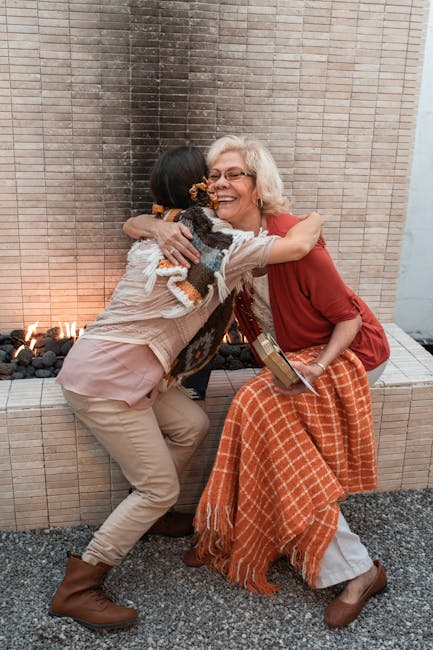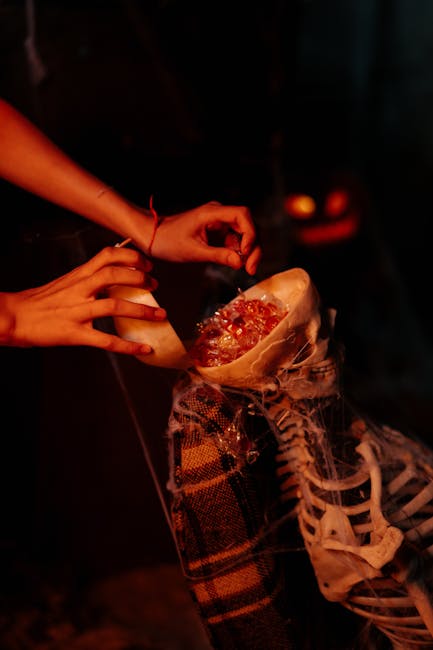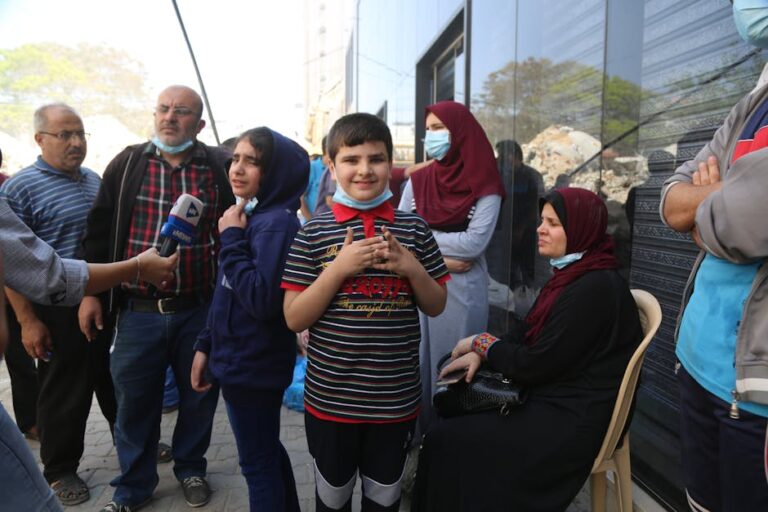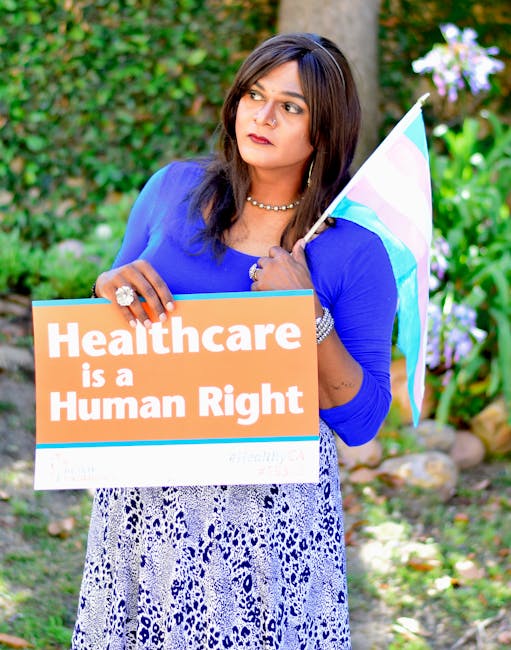Palestinian Children Relief Fund: A Deep Dive into Aid, Challenges, and Impact
Understanding the Palestinian Children Relief Fund (PCRF)
The Palestinian Children Relief Fund (PCRF) is a non-profit organization dedicated to providing comprehensive healthcare services to Palestinian children. Operating primarily in the West Bank and Gaza Strip, PCRF addresses the significant healthcare disparities faced by Palestinian children due to political conflict, economic hardship, and limited access to quality medical care. This in-depth analysis will explore the PCRF’s mission, programs, challenges, and the lasting impact it has on the lives of Palestinian children.
The Mission and Programs of the PCRF
The PCRF’s core mission is to ensure that every Palestinian child has access to the best possible healthcare, regardless of their financial situation or geographic location. This ambitious goal is achieved through a variety of programs that include:
Medical Care and Treatment
A cornerstone of the PCRF’s work is providing direct medical care and treatment to Palestinian children. This encompasses a range of services, from routine check-ups and vaccinations to specialized treatments for complex medical conditions. The PCRF facilitates access to specialized medical care often unavailable within the Palestinian territories, including arranging for children to receive treatment in hospitals overseas when necessary. This crucial aspect addresses the critical shortage of specialized medical professionals and equipment within the region.
Financial Assistance
Many Palestinian families struggle financially, making access to even basic healthcare a significant challenge. The PCRF offers critical financial assistance to families who cannot afford the cost of their children’s medical treatment. This support can cover hospital bills, medication, transportation, and other associated expenses, ensuring that financial constraints do not prevent children from receiving the care they need.
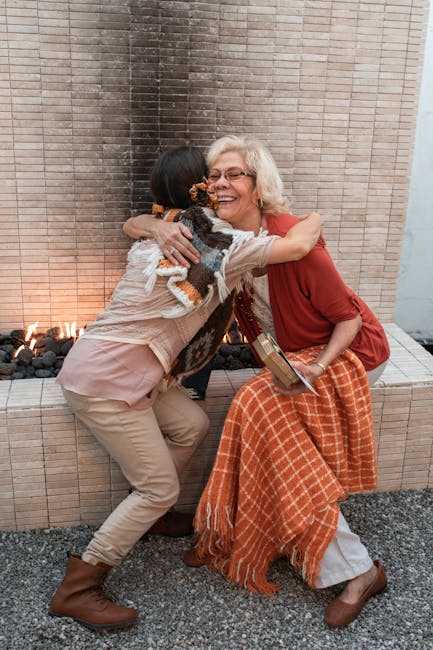
Capacity Building and Training
Recognizing the importance of strengthening local healthcare infrastructure, the PCRF invests in capacity building initiatives. This includes training programs for Palestinian healthcare professionals, aiming to improve the quality of medical care available within the region. By investing in local expertise, the PCRF works towards long-term sustainability and reduces reliance on external assistance.
Advocacy and Awareness
The PCRF actively advocates for the rights of Palestinian children to access healthcare. This involves raising awareness about the challenges faced by these children and advocating for policy changes that improve their access to healthcare. The organization works to highlight the devastating impact of conflict and occupation on children’s health and wellbeing.
Challenges Faced by the PCRF
Operating in the politically volatile and economically challenged environment of the West Bank and Gaza Strip presents significant challenges for the PCRF. These obstacles include:
Political Instability and Conflict
The ongoing Israeli-Palestinian conflict significantly impacts the PCRF’s operations. Restrictions on movement, checkpoints, and security concerns can hinder the delivery of medical care and supplies. Conflict-related injuries among children place an additional strain on the organization’s resources.
Economic Hardship
The Palestinian economy faces significant challenges, resulting in widespread poverty and limited access to healthcare for many families. This economic hardship makes the PCRF’s financial assistance programs even more critical, but also increases the demand on already limited resources.
Lack of Infrastructure
The Palestinian healthcare infrastructure faces significant challenges, including a shortage of medical equipment, skilled professionals, and adequate facilities. The PCRF strives to address these shortcomings through capacity building and direct support, but it is an ongoing struggle.
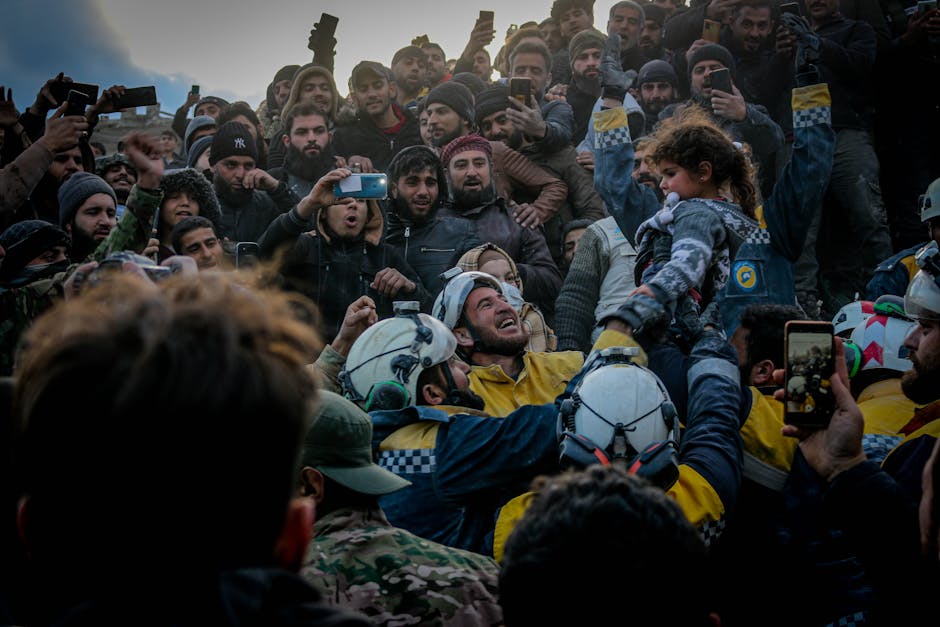
Access to Specialized Care
Many specialized medical treatments are unavailable within the Palestinian territories, necessitating transfers to hospitals abroad. This process is often complex, costly, and time-consuming, adding additional strain on the PCRF and the families it serves.
The Impact of the PCRF
Despite the numerous challenges, the PCRF has made a significant difference in the lives of countless Palestinian children. Its work has:
Improved Access to Healthcare
The PCRF has demonstrably improved access to quality healthcare for Palestinian children, particularly those from marginalized communities who would otherwise lack access to essential medical services.
Enhanced Healthcare Infrastructure
Through its capacity building initiatives, the PCRF has contributed to strengthening the Palestinian healthcare system, improving its ability to provide care to children within the region.
Saved Lives
The PCRF’s interventions have directly saved the lives of countless children, providing them with critical medical treatment and ensuring their survival.

Improved Quality of Life
By addressing the healthcare needs of Palestinian children, the PCRF has significantly improved their quality of life, allowing them to thrive despite the challenges they face.
How You Can Help
The PCRF relies on the generosity of individuals and organizations to continue its vital work. There are several ways you can contribute:
- Donate: Financial contributions are essential to supporting the PCRF’s programs.
- Volunteer: Offer your time and skills to support the organization’s activities.
- Spread Awareness: Help raise awareness about the PCRF and the challenges faced by Palestinian children.
- Advocate: Support policies that improve access to healthcare for Palestinian children.
Conclusion
The Palestinian Children Relief Fund plays a critical role in ensuring that Palestinian children have access to the healthcare they deserve. Its work is essential, not only for the immediate health of these children, but also for the long-term health and well-being of Palestinian society. By supporting the PCRF, you can make a tangible difference in the lives of children facing immense challenges.
